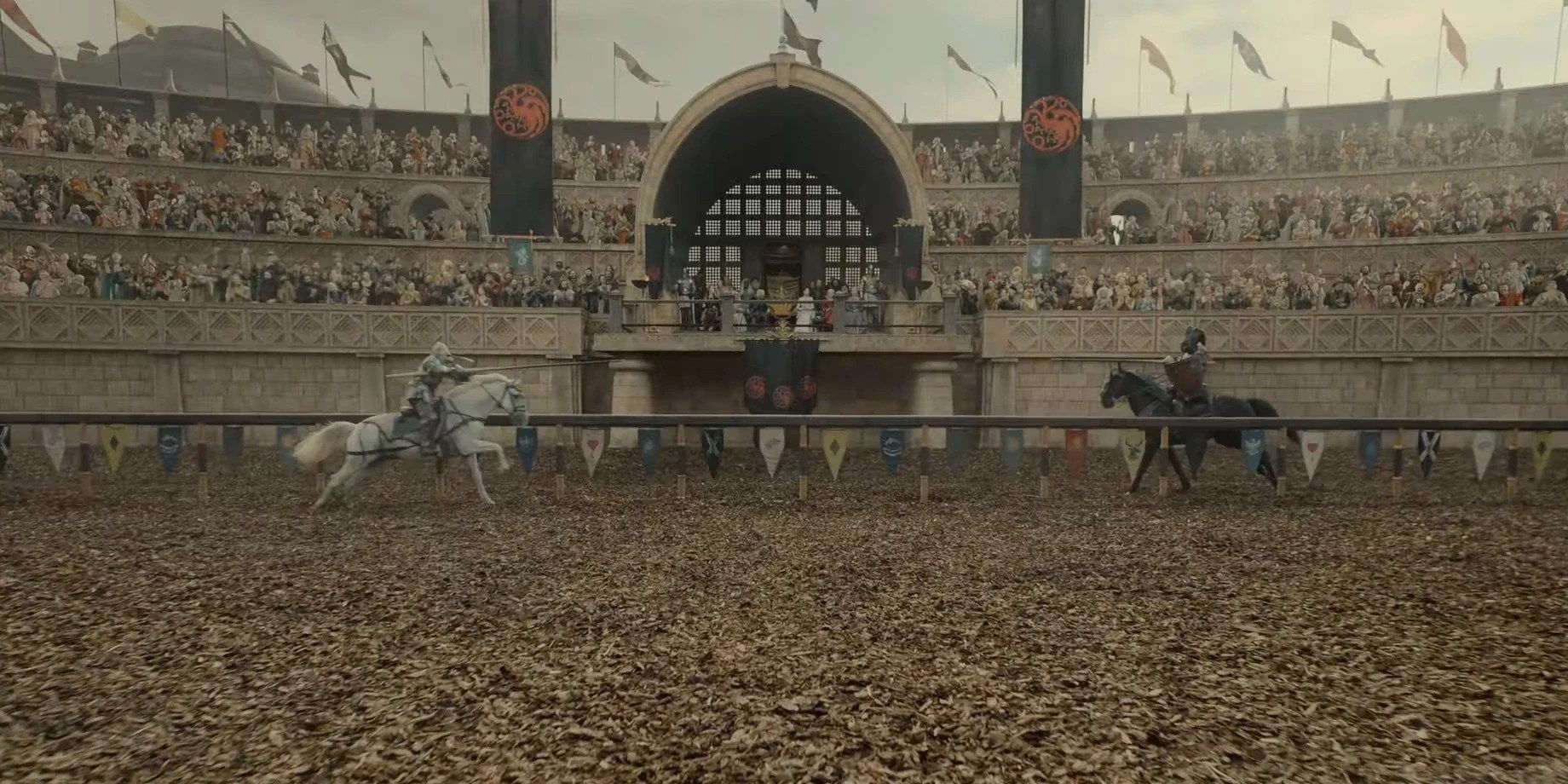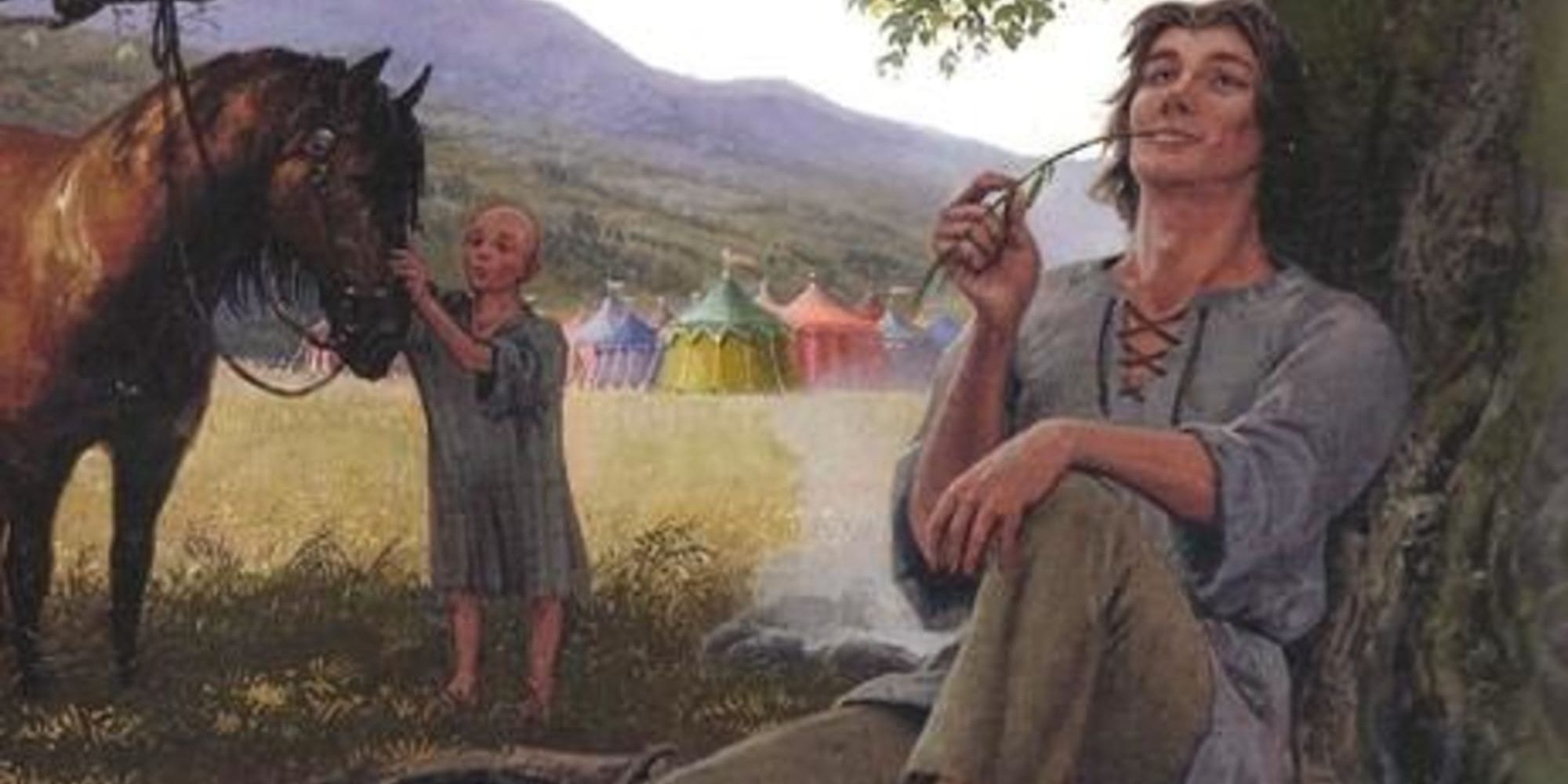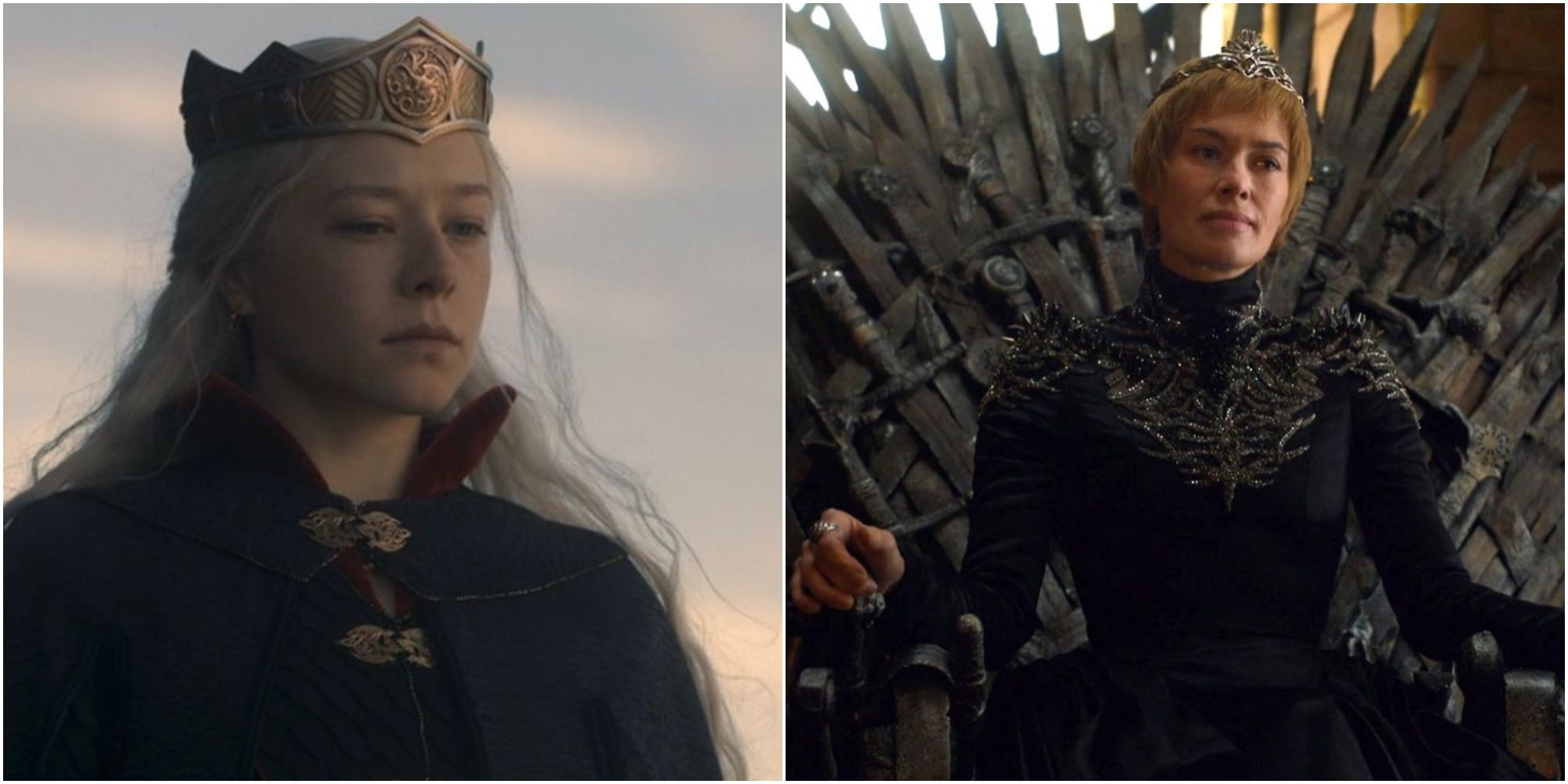
The Hidden Secrets of Game of Thrones Hedge Knights Unveiled

The wandering warriors of Westeros, Hedge Knights, unyielding in their quest for honor and fortune
Game of Thrones is currently one of the most complex and expensive intellectual properties. It was the highest-rated television show for several years, but an unsatisfactory final season has cast doubt on its legacy. Despite this, the recent release of House of the Dragon has revived interest in the adaptations. However, the potential for numerous additional spin-offs could once again jeopardize its success. Surprisingly, The Hedge Knight is one of HBO's planned follow-up projects.
Game of Thrones has diverged from its original source material. With A Song of Ice and Fire still unfinished and potentially taking many more years to complete, the on-screen adaptations run the risk of producing excessive content. Although it becomes necessary to draw from supplementary material, there is also a danger of exhausting available resources.
What is a Hedge Knight?
In Westeros, knights were often vassals who served as skilled warriors for nobility. They excelled in horsemanship and mounted combat, skills that set them apart from others. Clad in armor, they participated in tournaments and battles, representing their employers. Although most knights were born into their positions, some commoners earned the title through exceptional military service. Fans have witnessed knights competing for positions as personal guards or in tournaments. Serving a noble provided a knight with a privileged life, compensated by the use of force. These true knights were revered as chivalrous heroes who upheld high standards of decency and selflessness. Many of them would become landed knights, granting them the right to own land and command subordinates. However, not all knights fought for lords. Some chose to become hedge knights, fighting solely for themselves.
Hedge knights roamed Westeros in search of employment. Lacking land or a castle to protect, their belongings were limited to what they carried with them. Most hedge knights were young men with ambitious aspirations who were not fortunate enough to be born into the right lineage. The term "hedge knight" was often used derogatorily, mocking their lack of land and the fact that they often slept under hedges. Their behavior varied greatly. Some adhered to the standards of true knights, upholding moral codes and principles. Others, however, succumbed to poverty and abandoned their noble aspirations. These wanderers became robber knights, skilled bandits who utilized their martial abilities to steal from anyone they encountered.
The reputation of hedge knights is quite varied. Brienne of Tarth had reservations about hedge knights, seeing them as dangerously similar to robber knights. However, she gradually grew more accepting of these wandering warriors as she got to know some of them personally, recognizing them as honorable individuals. It was not uncommon for people to criticize true knights by labeling them as undeserving hedge knights. Tournaments were a frequent battleground for hedge knights, drawing participants from all corners of Westeros to compete in the hand's tourney. By excelling in jousts, archery contests, and duels, they could earn money and potentially secure employment opportunities. The most prominent advantage of being a hedge knight lies in their ability to refuse. Unlike a landed knight who is expected to blindly follow their lord's orders, a hedge knight has the freedom to choose whom they answer to.
Who was the most famous Hedge Knight?
The titular hedge knight at the forefront of the upcoming spin-off is Ser Duncan the Tall. Born Dunk in the destitute slums of King's Landing, he grew up as an orphan and a street urchin, wreaking havoc on the town alongside his friends. At the age of five or six, Dunk was discovered by a hedge knight named Arlan of Pennytree, who took him as his squire. Under Arlan's guidance, Dunk honed his swordplay skills and fostered dreams of joining the prestigious Kingsguard. Tragically, Arlan passed away while en route to a tournament. After burying his mentor, Dunk encountered a bald young boy named Egg, whom he welcomed as his new squire. Unbeknownst to Dunk, Egg was actually Prince Aegon Targaryen. However, Aegon's brothers fabricated a scenario implicating Dunk in the prince's disappearance, leading to a trial by combat. To everyone's surprise, Dunk emerged victorious against Prince Aerion and garnered the support of the local populace. For many years, Dunk and Aegon journeyed together, competing in tournaments and partaking in battles throughout Westeros. This extraordinary tale will be recounted in "A Knight of the Seven Kingdoms: The Hedge Knight."
Game of Thrones overlooks the commoners of Westeros, focusing primarily on the noble class. The lower class citizens residing beneath the castles are typically confined to their social status indefinitely. Hedge knights, however, provide a rare chance for talented individuals without noble lineage to improve their lives. These individuals have the potential to become the heroes of Westeros, traveling across the land and rectifying injustices wherever they encounter them. Conversely, they could also resort to a life of crime while masquerading in ornate armor. The existence of a hedge knight entails willingly sacrificing comfort in exchange for complete autonomy.















